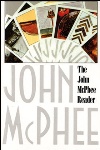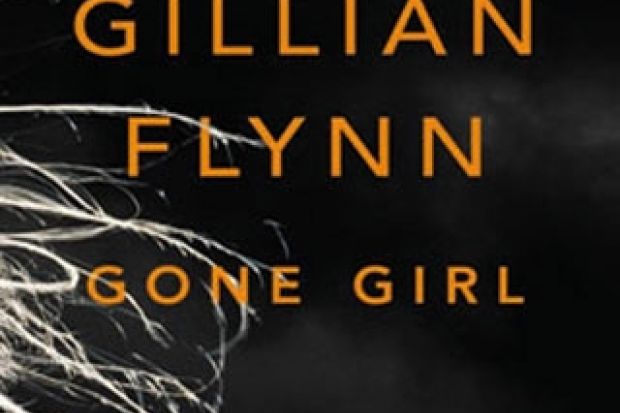Avril Goodwin, campus librarian at Dumfries, University of the West of Scotland, is reading Gillian Flynn’s Gone Girl (Phoenix, 2013). “A well-plotted, page-turning thriller with a dual narrative of husband and (missing) wife. As the story races along, it becomes clear that all is definitely not what it seems. Flynn cleverly creates an engaging yet unnerving story of a marriage that has lost its way, set in a very recognisable contemporary US, where reputation management is a key life skill.”

Stephen Halliday, panel tutor in history, Institute of Continuing Education, University of Cambridge, is reading Sarah Clarke’s Insider Dealing: Law and Practice (Oxford University Press, 2013). “This is a remarkably clear exposition of a dark corner of the City of London. Clarke’s book will be bought by lawyers, accountants and academics, but its avoidance of legal jargon taught this layman what insider dealing is, why its detection is important and what is being done about it.”

Christina Hellmich, reader in international relations and Middle East studies, University of Reading, is reading K. M. Fierke’s Political Self-Sacrifice: Agency, Body and Emotion in International Relations (Cambridge University Press, 2013). “Suicide bombers are not crazy, but rational actors. But are they? Fierke’s informed empirical analysis of political self-sacrifice demonstrates the inseparability of emotion and agency that not only challenges the well-established mantra of terrorism studies but also the way we think about the conduct of politics.”

David Milne, senior lecturer in American political history, University of East Anglia, is reading The John McPhee Reader (Farrar, Straus and Giroux, 1976). “Princeton University-based scholar McPhee is one of the finest authors of literary non-fiction of the past half-century. This selection of essays, all originally published by The New Yorker, demonstrate his versatility, style and single-minded dedication to his craft. Reading McPhee is inspirational and instructive – I turn to him often – and this collection is testament to the artistic possibilities of non-fiction.”

R. C. Richardson, emeritus professor of history, University of Winchester, is reading Stanley Baldwin’s Our Inheritance (Hodder & Stoughton, 1938). “Remembered today as the unfortunate prime minister in office at the time of both the General Strike and the abdication crisis, Baldwin’s patriotism, devotion to empire, naive belief in homespun common sense and distrust of theory shine through in these essays. Most of them were delivered as speeches in Britain and in Canada, but a few began life as broadcasts on radio, a new medium that he was the first prime minister to master and exploit.”
